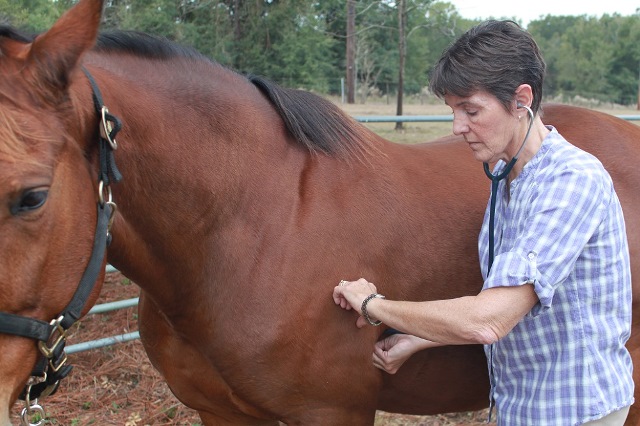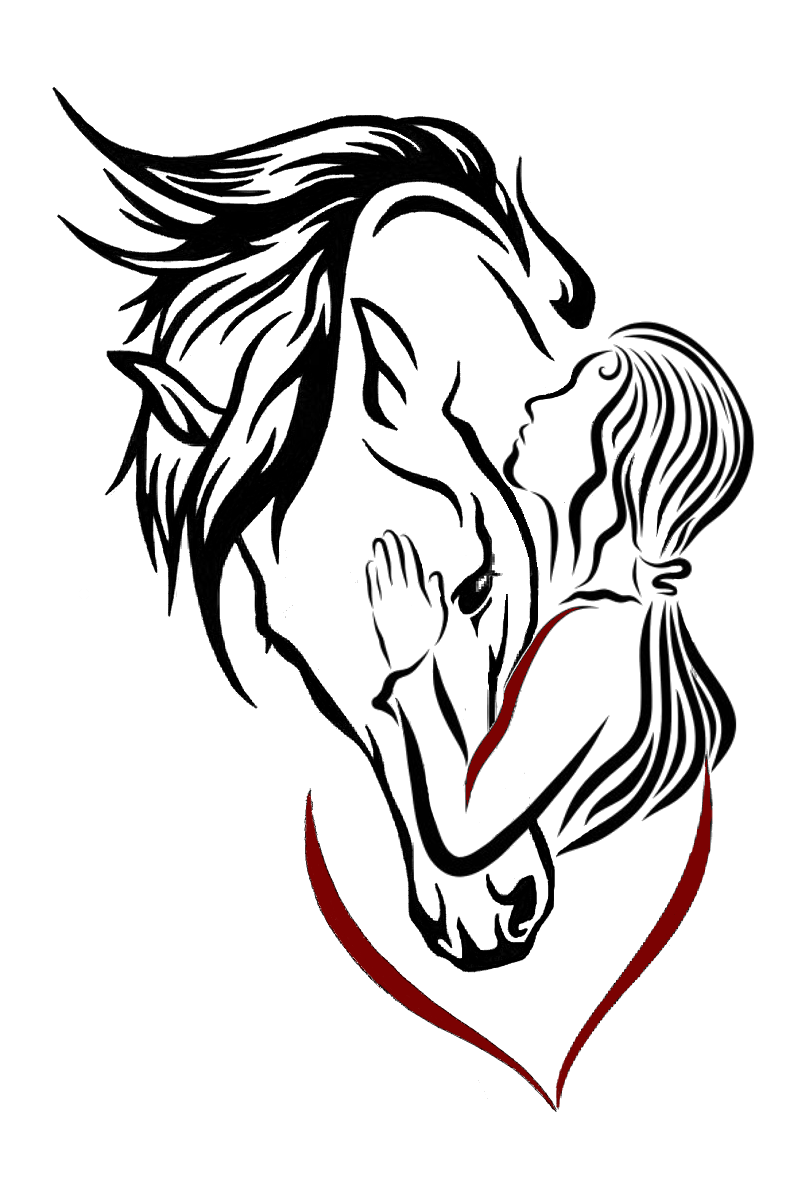How to Take Your Horse’s Vital Signs

It’s essential that every horse owner know his or her horse’s normal, healthy resting temperature, heart rate, respiration (breathing) rate, and other vital signs and have trained the horse to allow handling for assessment of vital signs. If your horse becomes ill or injured, quickly take his vital signs before calling the veterinarian to help him/her get a better idea of how ill your horse might be. All you need is a watch that counts seconds, a thermometer (ideally a plastic digital one for safety), and a stethoscope. (A notepad for recording the vital sounds is never a bad idea either!)
Adult Horse (resting values):*
- Temperature: 99-101°F (37.2-38.3°C)
- Pulse: 28-44 beats per minute
- Respiration (breathing rate): 10-24 breaths per minute
- Mucous membranes (gums): Moist, healthy pink color
- Capillary refill time (time it takes for capillaries in the gums to return to pink after being pressed with a finger): Two seconds or less
- Gut sounds: Gurgling, gaslike growls, “tinkling” sounds (fluid), and occasionally “roars” (be able to describe sounds to your veterinarian)
Newborn Foals up to 2 days of age (resting values):*
- Temperature: 99.5-102.1°F (37.5-38.9°C)
- Pulse: 80-100 beats per minute
- Respiration (breathing rate): 20-40 breaths per minute
- Mucous membranes (gums): Moist, healthy pink color
- Capillary refill time: Two seconds or less
* If your horse’s resting vital signs are not in these normal ranges, call your veterinarian to see what might be wrong. Remember that very hot and humid conditions may alter these normal values, so speak with your veterinarian.
Common Vital Sign Mistakes
- Not leaving the thermometer in long enough (false low temperature reading)
- Taking vital signs on a nervous horse (horses’ pulse and respiration rates can increase dramatically if they are nervous)
- Allowing the horse to sniff your hand to measure respiration rate (they will sniff far more quickly than their regular breathing rates)
- Double-counting heartbeats (lub-dub=one beat)
- Not regularly practicing on your horse to know what is normal!
